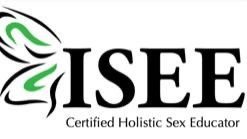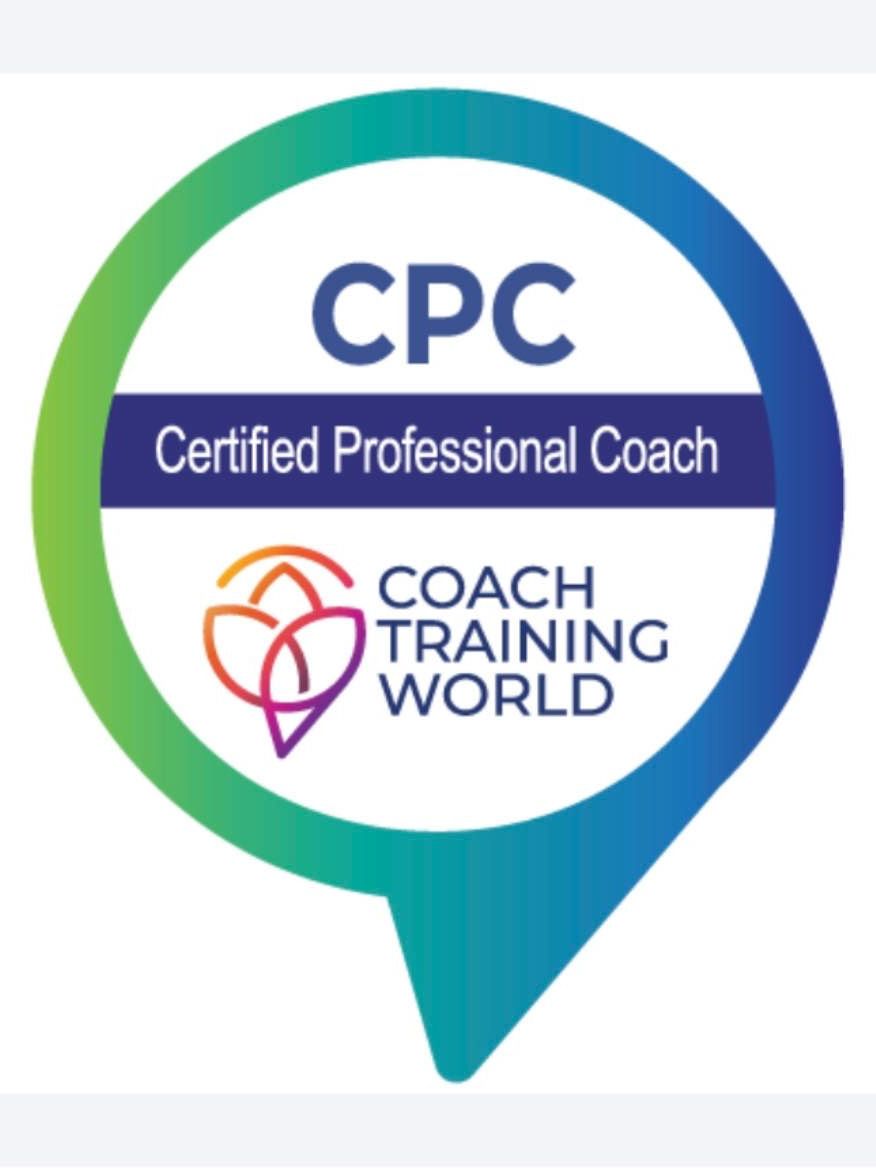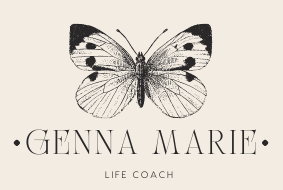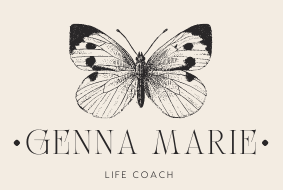The Weight of Obligations in Relationships: How it Holds You Back and How Coaching Can Help
The Weight of Obligations in Relationships: How it Holds You Back and How Coaching Can Help
Obligation is a tricky thing in relationships. On the surface, it can look like commitment, responsibility, or even love. But when obligation becomes the driving force behind your actions—rather than choice, desire, or genuine connection—it can quietly hold you back.
Many people stay in relationships because they feel obligated. They feel responsible for their partner’s happiness, afraid of hurting them, or guilty at the thought of leaving. Others feel obligated to respond in a certain way—to always be the caretaker, the problem solver, or the person who keeps the peace, even at the expense of their own needs. Over time, these unspoken obligations can lead to resentment, emotional exhaustion, and a loss of self.
The Limitations of Obligation
Feeling obligated to stay in a relationship—even when it’s no longer serving you—can keep you stuck. It creates a dynamic where guilt and fear dictate your choices, rather than self-awareness and mutual fulfillment. This often leads to:
• Emotional Stagnation: When you’re operating from a sense of duty rather than authentic desire, personal growth is stifled.
• Resentment: Over time, suppressed feelings of anger and frustration can accumulate, leading to long-term discontent.
• Loss of Identity: Consistently prioritizing the relationship can cause you to lose sight of your own interests, desires, and dreams.
• Avoidance of Difficult Truths: A sense of obligation may make it easier to ignore or rationalize issues, avoiding the hard work of addressing underlying problems.
• Communication Barriers: Feeling forced into a role—be it the peacemaker or the caretaker—can prevent you from voicing your true emotions and needs, creating a cycle where your partner may not even realize what you’re really feeling.
These dynamics can seep into every facet of your relationship. For instance, you might find yourself always agreeing with your partner, not because you truly agree, but because you feel you must maintain the status quo. This, in turn, can prevent both partners from engaging in genuine dialogue that might otherwise lead to a healthier, more dynamic relationship.
How Coaching Can Help Break the Cycle
Breaking free from obligation doesn’t necessarily mean leaving a relationship. It means learning how to differentiate between responsibility and choice—between what you feel you have to do and what you want to do. Through coaching, I offer a structured, supportive environment to explore these challenges. Here’s how it can help:
• Providing Clarity: As a coach I can help you pinpoint where obligation is driving your decisions rather than genuine desire, illuminating patterns that you might not even be aware of.
• Building Confidence: Through personalized guidance, coaching helps you develop the self-assurance needed to set healthy boundaries and express your needs honestly.
• Encouraging Self-Reflection: In a safe space, you can explore your past experiences and the underlying fears that contribute to your feelings of obligation, paving the way for lasting change.
• Shifting Communication Patterns: Coaching offers practical tools and strategies to foster more authentic communication, moving away from obligatory responses toward conversations rooted in genuine emotion.
• Promoting Self-Care: By emphasizing the importance of your own needs and well-being, coaching can help you prioritize self-care, which is essential for maintaining a healthy balance in any relationship.
• Facilitating Decision-Making: Whether it’s deciding to stay and work on the relationship or choosing to move on, a coach can help you navigate these decisions with clarity and confidence.
A Path Forward
Relationships should be based on mutual choice and authentic connection, not on duty or guilt. If you’ve ever felt weighed down by obligations that don’t serve you, consider this an invitation to re-examine your role within your relationship. Sometimes, the support of a coach can be invaluable in helping you untangle these complex emotions and redefine what a healthy, fulfilling relationship looks like for you.
Ultimately, recognizing the limitations that obligation imposes is the first step toward reclaiming your identity and agency. With the right tools and support, you can transform these patterns, fostering relationships that are not only sustainable but also enriching and true to who you are.
Embrace the possibility of change and consider reaching out for coaching support—it might just be the catalyst you need for a more authentic and balanced relationship.


Contact Info











